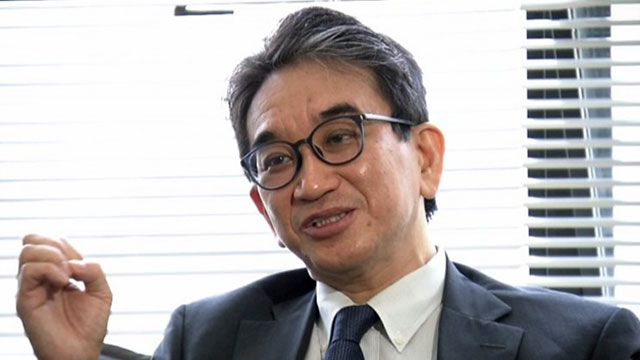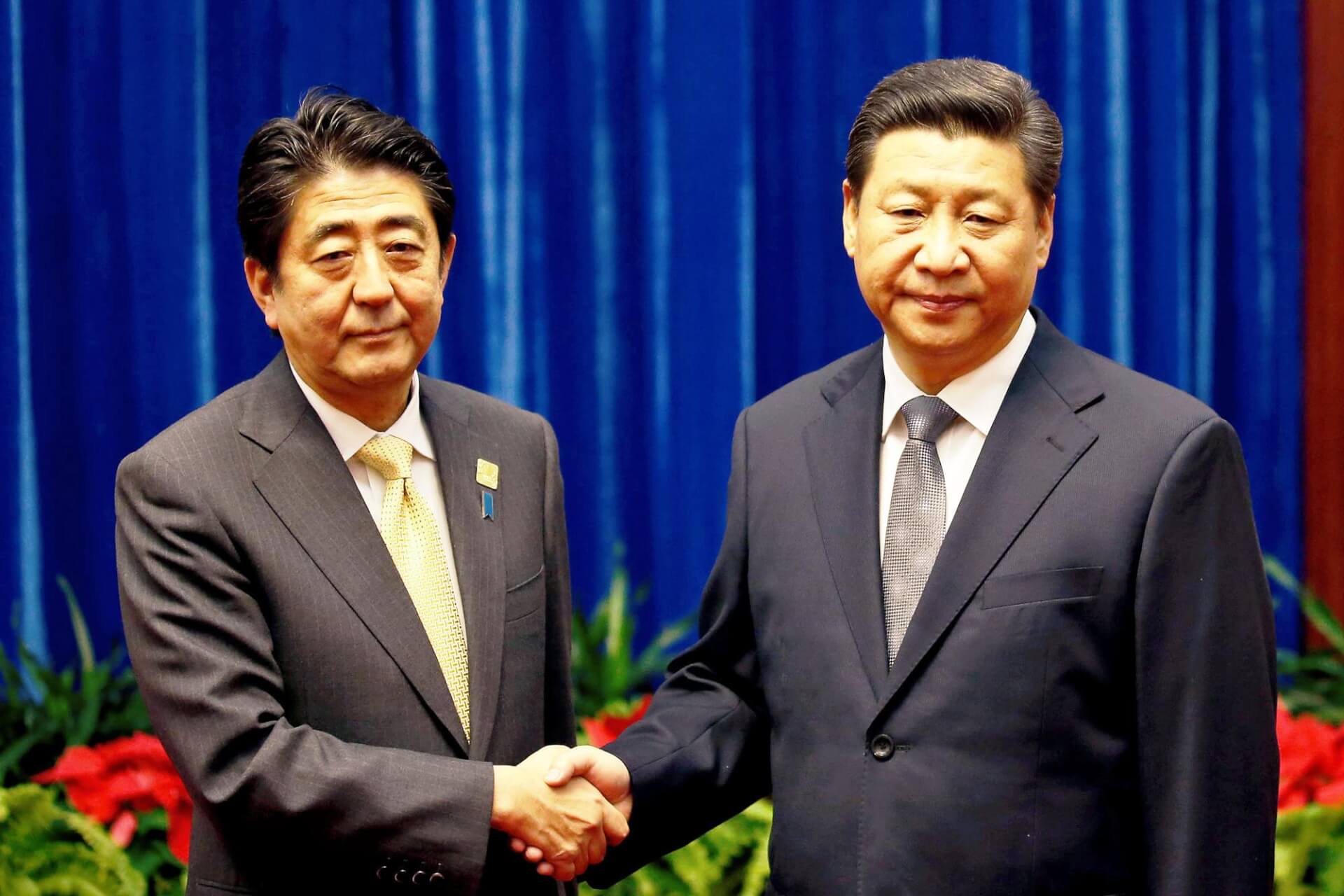China’ foreign ministry summoned Japan’s ambassador in Beijing for an “emergency meeting” on Wednesday after former Japanese Prime Minister (PM) Shinzo Abe made controversial statements regarding his country’s stance on Taiwan.
On Wednesday, speaking at a virtual event organised by the Institute for National Policy Research, a Taiwanese think tank, Abe said that an armed invasion of Taiwan would pose a grave danger to Japan. He noted that several Japanese islands are located in close proximity to Taiwan, including the Sakishima and Yonaguni islands, and as well as the Senkaku islands, which China claims as its own under the name of the Diaoyu Islands.
Abe said that Japan and the United States (US) could not simply stand by if China attacks Taiwan. “A Taiwan emergency is a Japanese emergency, and therefore an emergency for the Japan-US alliance. People in Beijing, President Xi, in particular, should never have a misunderstanding in recognising this,” he said.
Predictably, the comments have angered Chinese sentiments, as the country considers the self-governing island of Taiwan to be part of its own territory. Foreign ministry spokesperson Hua Chunying reportedly called Abe’s remarks a violation of basic norms of relations between China and Japan during the meeting with Japanese ambassador Hideo Tarumi.

Hua said that China “resolutely” opposes Abe’s “erroneous” remarks, which she said “gave brazen support to Taiwan independence forces.” She added that Japan had “no right” to make “irresponsible” remarks on the Taiwan issue. “China strongly urges Japan to deeply reflect on history, learn from history, and not to damage China’s sovereignty in any form, and not to send any wrong signal to ‘Taiwan independence’ forces,” she said.
Hua’s complaint came after another strongly worded comment by Chinese foreign ministry spokesperson Wang Wenbin during his regular press conference on Wednesday. Wang said Abe had “blatantly babbled utter nonsense” and made “presumptuous remarks” about “China’s internal affairs.”
He stressed that “No one should underestimate the strong resolve and capability of the Chinese people to safeguard national sovereignty and territorial integrity” and that “those who dare to pursue the old path of militarism” will “find themselves on a collision course with the Chinese people!”
When asked about the summons during a press briefing, Japan’s chief cabinet secretary, Hirokazu Matsuno, said that Japan disagreed with Beijing’s action. Referring to Abe, Matsuno asserted that Tokyo was not in a position to comment on remarks made by people not part of the government. “Ambassador Tarumi said ... it is necessary for China to understand there are people in Japan who have such opinions and Japan cannot accept China’s one-sided views on such matters,” Matsuno said.
Legally, the US is bound to defend Taiwan in case of an attack. However, its means of doing so remain ambiguous. US Secretary of State Antony Blinken said last month that Washington, along with its allies, would take unspecified “action” if China attempted to unilaterally alter the status quo over Taiwan through the use of force.

